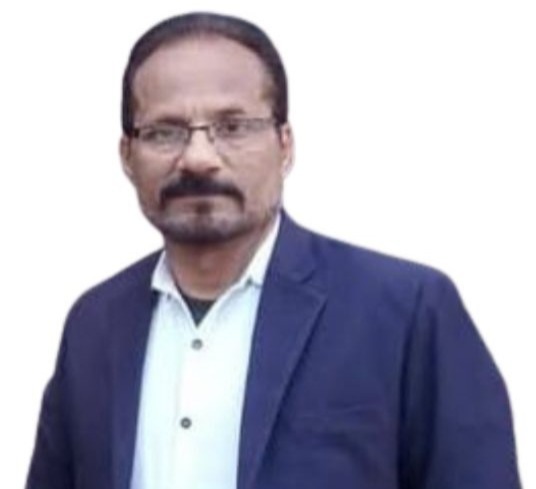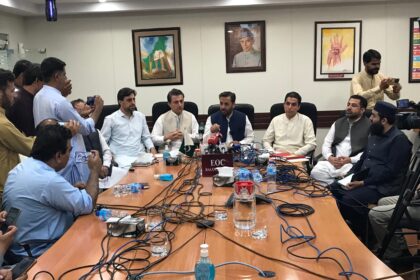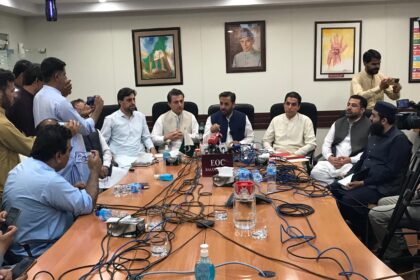Rawalpindi Held Hostage by Illegal Bikes and Rickshaws as Authorities Turn a Blind Eye
Gul Qaiser khan
qaiser.k.afridi@gmail.com
Once known for its order and civility, Rawalpindi is now grappling with a traffic crisis that has turned its streets into chaos zones. The city is overwhelmed by an unchecked surge of motorcycles, unauthorized rickshaws, and fake commercial ride services that continue to operate with impunity. From narrow alleys to major roads, noise, pollution, and constant danger have become the new norm.
A large number of motorcyclists in Rawalpindi disregard basic traffic laws, riding without helmets or valid licenses. Many of these riders are underage children recklessly speeding through streets at 70–80 km/h. According to Punjab Traffic Police, over 800 accidents were reported in Rawalpindi in 2023 alone due to underage drivers. The trend of wheelies among youth has also contributed to a growing number of injuries and fatalities.
A particularly troubling development is the spread of fake “Bykea” riders. Wearing green helmets and using the company’s name, many of these individuals have no official affiliation with the ride-hailing service. They charge arbitrary fares and have been implicated in multiple crimes, including phone snatching, theft, and harassment of women. In 2024, several such incidents were reported, raising serious concerns about public safety and law enforcement failure.
Adding to the mayhem is the unregulated expansion of Qingqi rickshaws. These vehicles, mostly unregistered and operating without legal permits, flood the city’s roads. Despite being officially declared unauthorized by the RTA Secretary, their numbers continue to rise. Often driven by underage or untrained individuals, these rickshaws create dangerous traffic obstructions, even blocking ambulances and school vans in emergencies.
Citizens are voicing their frustration, calling for urgent reform. They demand that commercial motorcycles and rickshaws be assigned identifiable registration and colors, that all ride-service drivers be digitally documented, and that parents or vehicle owners be fined if minors are caught driving. Residents also propose empowering local police stations with the authority to issue fines and making traffic education compulsory in schools.
Fawara Chowk, once a symbol of Rawalpindi’s heritage, has become a stark example of state negligence. Despite being surrounded by key institutions—multiple police stations, the RMC office, and the DHQ Hospital—the area is ruled by rogue motorcyclists and illegal rickshaw operators. Emergency vehicles struggle to pass through the congestion, often delaying critical care for patients. Locals accuse these institutions of deliberate inaction, calling it both shameful and dangerous.
The citizens of Rawalpindi are no longer merely appealing for attention; they are demanding accountability. If such lawlessness can prevail in the heart of the city, right under the shadow of government offices, the rest of Rawalpindi is likely in even worse condition. The people are asking: where is the law, and who is responsible for protecting public life?











